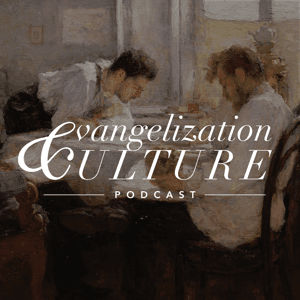In this podcast, Alex Denley and Marc Barnes discuss the upcoming New Polity magazine on AI, the Church's social teaching on technocracy and the technocratic paradigm, and the Christian response to Artificial Intelligence.
Pre-order our double issue of New Polity magazine on Artificial Intelligence!
A double issue of New Polity Magazine on Artificial Intelligence.
Andrew Willard Jones on the Humane and the Technocratic.
Matthew Crawford on Losing Ourselves in AI.
Paul Kingsnorth on Our Unsettling.
Slavoj Žižek on the Death of the Internet.
Michael Hanby on the Abolition of Intelligence.
Mâinile Strigoilor on the AI Bubble.
D. C. Schindler on the Essential Duplicity of AI.
Alex Denley on the Technocratic Paradigm.
Paul Denley on AlphaGo vs Lee Sedol.
Michael Boland on Descartes’ Automaton daughter.
Ronald Klingler on our AI future.
With poetry by James Donald Forbes McCann .
And, a short story by Joseph Patrick.



























